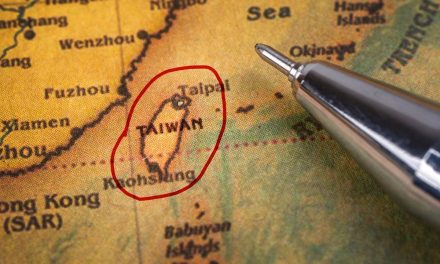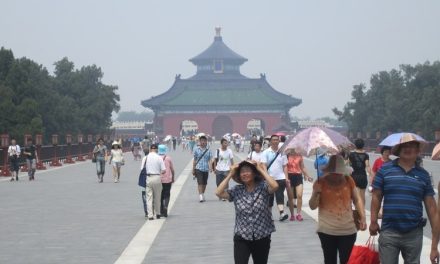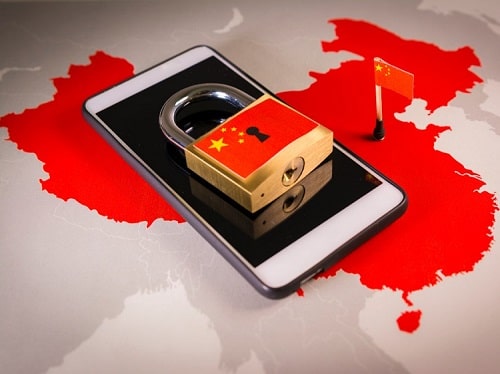I’m obsessed in China. But the country is far from perfect.
I’ve just finished living and working in China for the third time, and as much as I love the place, there are some things that are impossibly hard.
The pushing, the spitting, the lack of privacy…
But every coin has two sides, as the saying goes. So please read this article in conjunction with the one about why China does not suck.
Alright, now that that’s out of the way, enjoy finding out why China sucks!
1. People are selfish in public
China is the land of contradictions.
One of those contradictions is that people are generous and kind-hearted in private, but selfish in public.
Generally speaking, the Chinese have no care for others around them. It’s an ‘every man and woman for themselves’ situation.
I find this really odd, especially as it’s a communist country where you would think people look out for one another.
Here are some examples of perfectly acceptable selfish behavior in China:
- Pushing your way through to be first
- Cutting in line
- Slamming a door in someone’s face
- Rushing to get a subway seat despite others’ needs
I completely understand that my ‘rulebook’ (I’m from Australia) is very different to the Chinese rulebook. No one is right or wrong.
All I can do is compare Chinese behaviors with the ones I know and follow.
I also understand that not everyone in China displays these behaviors. But from all my experience in the country, it gets worse the further you go from the major cities.
The one that gets me the most is not holding a door open for the person that follows you. I think it’s a considerate thing to do, and most of us do it in Australia.
But nope, in China, when you walk through a door, no matter how heavy it is, you simply let it slam onto the next person who is right behind you, even if they’re old or frail.
The Chinese simply don’t care about – or pay attention to – anyone around them.
2. They haven’t learned from Covid
The Chinese don’t cover their mouth when they cough.
I can’t tell you how many times someone has coughed directly in my face. Probably hundreds of times, or more.
I find it truly horrible as well as perplexing, given that we’ve just come out of a worldwide pandemic where the virus was airborne.
However, like number 1 above, this one is also contradictory.
Countless Chinese wear face masks when they’re not feeling 100% and this is to help prevent others getting sick. This started well before the Covid era.
It’s almost like there are two camps of people in China: those who wear a mask and try to keep others safe versus those who don’t wear a mask and cough or sneeze in your face.
There’s no middle ground.
3. Men are gross

Some Chinese men are gross. Image supplied by Mike Cairnduff.
Speaking of hygiene…
I’d say the majority of guys in Australia wash their hands after going to the bathroom.
But in China, the reverse is true. Most guys who are middle aged or older don’t wash their hands after they’ve taken a leak.
How do I know? I’ve seen this countless times in public bathrooms.
Chinese men take a leek (or do a number two) and then just walk out.
And the odds definitely get worse the older the man is. I’ve noticed old Chinese men do not wash their hands at all.
To make matters worse, soap isn’t provided in public toilets in China. There are actually a lot of restaurants that don’t have soap either.
It’s something I try not to think about when I eat out in China.
4. Hotel staff have poor customer service skills
Chinese customer service has to be seen to be believed.
Unless you’re staying in a luxury hotel, don’t expect good service.
This doesn’t come from a bad place, though. The Chinese do want to do their best, they just don’t know what that looks like from a Western perspective.
They think their English is terrible (it’s usually not) so they will try to communicate as little as possible for fear of making a mistake.
So, unless you can speak Chinese, you’ll get almost no information or help.
Front desk hotel staff rarely smile. I don’t know if that’s because they’re too nervous and they forget to smile, or they think smiling in public is foolish.
Or, maybe it’s because Chinese guests often treat them with disdain (I’ve seen this before) so resting b*tch face is their default.
Maybe you know more about this than I do? If so, let me know in the comments below.
Either way, don’t expect a warm welcome at a Chinese hotel. Don’t expect any kind of welcome.
The saving grace is the housekeepers. Usually they’re friendly.
5. ‘King of the road’ concept
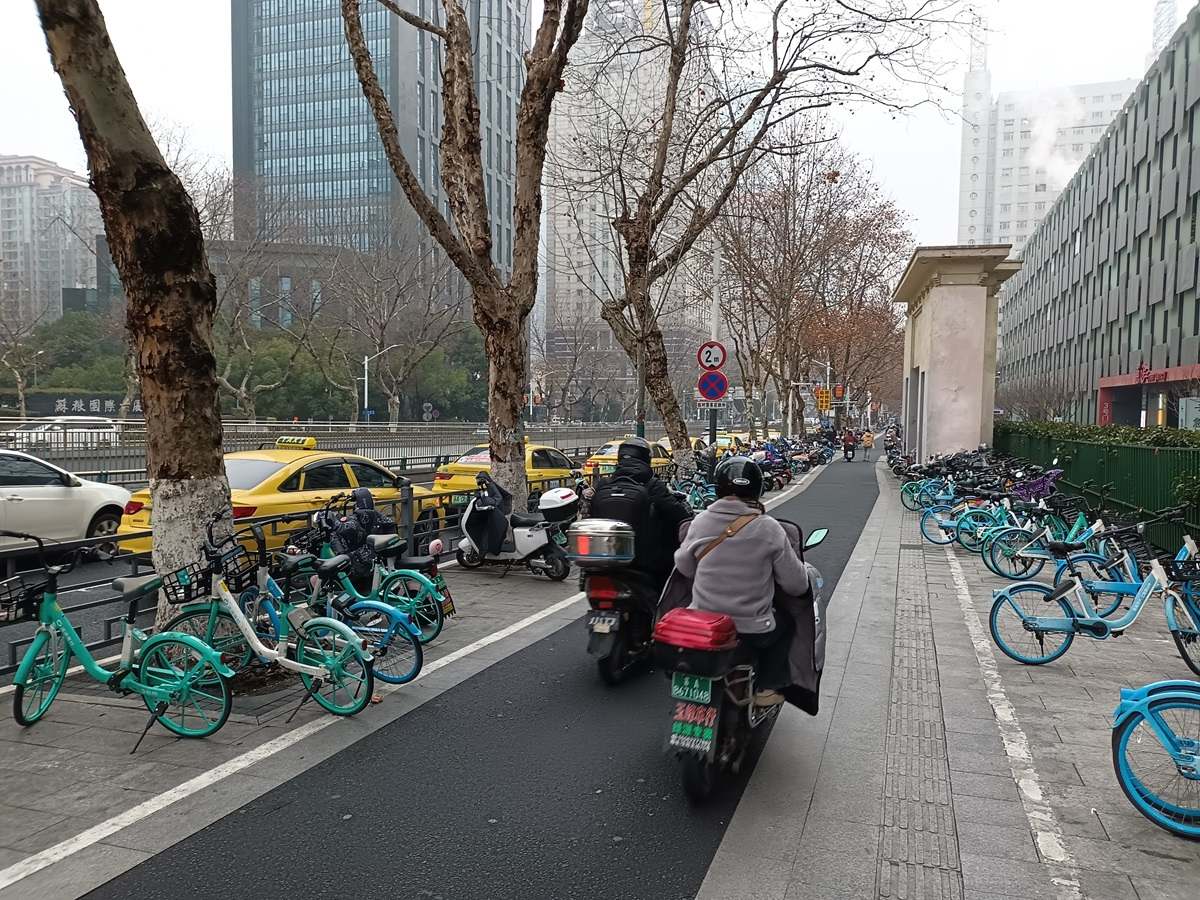
This shared path for pedestrians and riders is not a good idea. Image supplied by Mike Cairnduff.
This one also relates to number 1, selfishness.
When you travel to China, one of the first things you’ll notice is that it’s very dangerous to be a pedestrian.
Here’s the unofficial pecking order on Chinese roads:
- Large cars
- Small cars
- Electric scooters and motorbikes
- Bikes
- Pedestrians
Basically, the larger the vehicle, the more right of way you have.
In Australia, where I’m from, it’s the opposite – pedestrians usually have the right of way and vehicles should avoid you or stop for you.
Electric scooters are really popular in China, and drivers drive insanely fast. This includes the sidewalk, where they’re allowed to go.
It’s made walking quite a dangerous pastime in most Chinese cities.
I find it crazy that the locals actually move out of the way for these vehicles. And if you don’t move, they honk you, like they own the sidewalk.
It’s unbelievable.
6. Two internets
There’s the internet, and then there’s the Chinese internet.
Unless you use your own mobile data from home (which could cost a fortune), you need a virtual private network if you’re traveling to China.
VPN for short, it’s basically an app on your phone or laptop that helps you stay connected with all the major websites that you use on a daily basis.
I’ve written a few articles on VPNs in China:
Click on the first link to get a VPN that works in China. The cheap and nasty ones do not work here.
Of course, you can survive without a VPN but it’s extremely difficult. You can’t Google (but you can Bing), you can’t read foreign news sites, and you can’t look at social media.
Even one of my local Australian banks is blocked in China.
Living in China, it’s frustrating having to constantly switch between the two internets. For example, if your VPN is turned on then you can’t use many functions within WeChat or Alipay, which are the main apps in China that you use every day.
Just received a photo from your friend overseas on WhatsApp? You can’t see it until you turn your VPN on again.
It’s just a massive pain, not to mention the Chinese government is clamping down on VPNs so a connection isn’t even guaranteed these days.
7. Everything is controlled
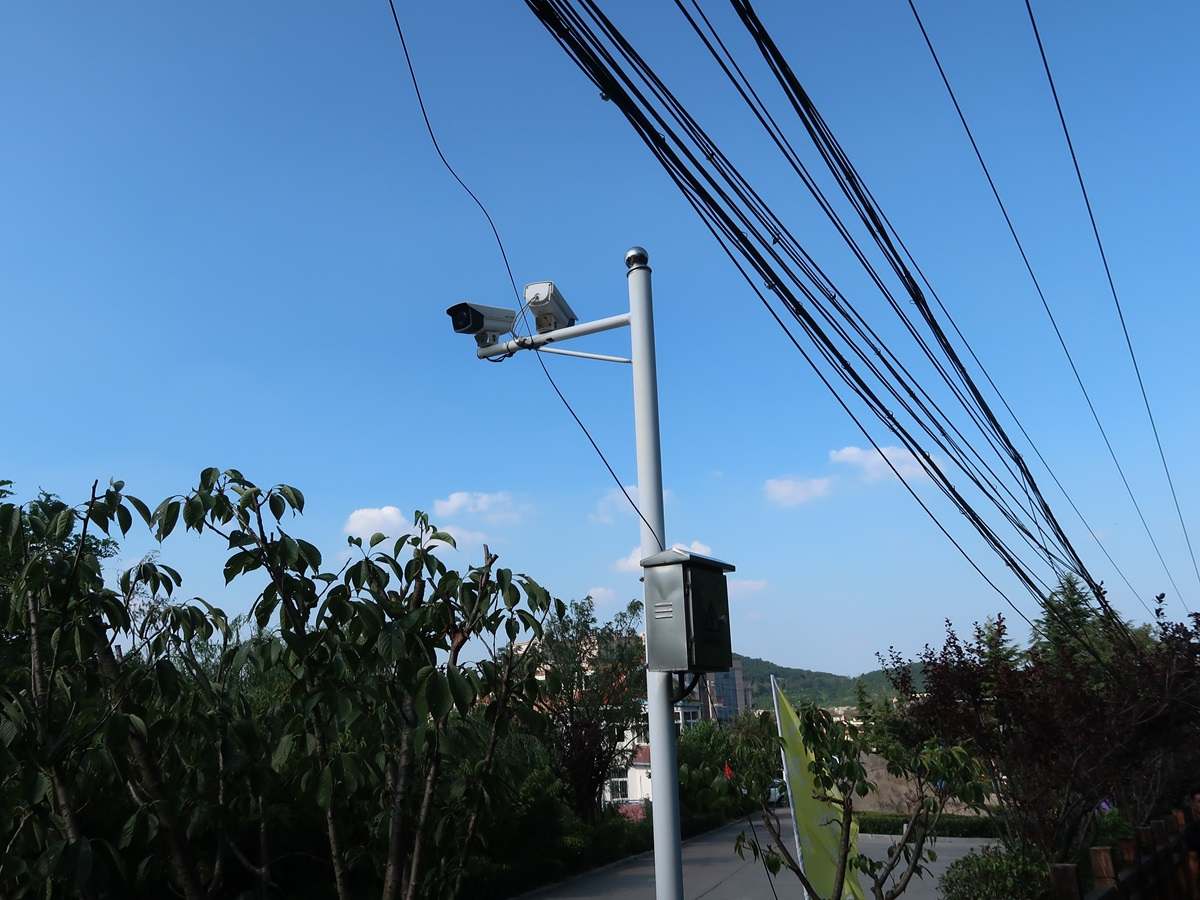
Big Brother is watching. Image supplied by Mike Cairnduff.
In Australia, there is a police presence, but the public are generally trusted to do the right thing. I find it’s the opposite in China.
Everything is controlled and patrolled, from security guards who “protect” the people living in apartment towers to the public security cameras which are literally everywhere.
For the Chinese whom I’ve asked, they say they feel safe with all the security cameras. While I understand that, I don’t agree with it.
You’re constantly being monitored and recorded, and it’s not a nice feeling knowing you or anyone around you can’t be trusted.
Going to a Chinese beach is a strange experience. You can’t freely go to any beach like you can in Australia.
You can only go to sectioned off areas which are patrolled by security, and most beaches are deemed “unsafe” for swimming which is arbitrary.
I can understand why Chinese tourists love coming to Australia. It must be like Utopia.
If you want to read more about the banned things in China, check out this page.
8. Lack of privacy
There’s really nowhere in China that is private.
No matter where you go, there are people everywhere. The only place you can be alone is in your hotel room or apartment.
But even in your hotel, you can have the ‘do not disturb’ sign hanging on your door, and room attendants will not pay any attention to it and just come in.
When testing students’ oral English one-on-one here in China, I can have a big sign on the door saying “Do not enter – wait outside” and students will just push the door open in the middle of an exam.
Many wealthier Chinese people choose private rooms in restaurants when they eat out. These things don’t exist in Australia, but I totally get why they do in China.
9. Pollution and the environment

My pollution mask in China. Image supplied by Mike Cairnduff.
I hear so many foreigners say “I found China to be so clean. There’s no pollution at all!”
These comments are made by travelers who only see the main sites and cities in China, and usually during the warmer months.
These travelers have not ventured into the smaller cities in the north and west, where air pollution in winter is unbearable.
And the same goes for expats: the ones who say there is no air pollution have never left their coastal enclave in Shenzhen or Shanghai.
The first time you read an online warning that says the local air quality is “unhealthy to humans”, it’s a novelty that very quickly wears off.
For the past two winters, I’ve had respiratory issues and have coughed up bloody phlegm every single day. I’m not exaggerating.
Many Chinese also don’t respect the environment they live in. I find that Aussies respect Mother Earth almost like it’s innate.
I have toured through some of the most beautiful and untouched areas in Xinjiang, western China, where the tour guide would wind down the car window and throw his rubbish out.
While this may be more a regional behavior, it’s still a common sight to see people in the big cities accidentally drop rubbish, realize what they’ve done, but then not pick it up.
This ties in with number 1 again, selfishness, because the Chinese believe there will always be someone beneath them to pick up their trash.
10. Spitting
I’ll finish with one behavior that I have just never been able to get used to.
Spitting. Arrrrrh.
It’s definitely more prolific in the smaller cities, but you can still experience it everywhere you go in China.
You’re basically allowed to spit anywhere you like. If you see someone spit into a rubbish bin or a garden bed, that’s basically considered polite.
I’ve seen people spit on subway station platforms, in dining areas, even in the elevator in an apartment building I was living in. It’s beyond gross.
Many men also blow their nose onto the ground.
Just the other day, in Nanjing, which is a big modern city, a taxi driver pulled up by the train station, and blew his nose onto the ground.
The goo didn’t fully come out, so he wiped the hanging remnants onto a small concrete pylon, which a pedestrian will probably touch as they enter the station.
It’s a spectacle that I never want to see again, but I know I will.
The silver lining to Chinese spitting is that I’m yet to see a young person do it. So this behavior might disappear in future generations.
Here’s hoping.
Enjoyed my article on why China sucks? As I mentioned at the start, there are always two sides to a story. So, please read this article in conjunction with the one about why you should visit China.
Otherwise, you may like to read Kim’s blog on the good and bad things about living in China for more pros and cons.
Main image credit: HelloRF Zcool on Shutterstock.



